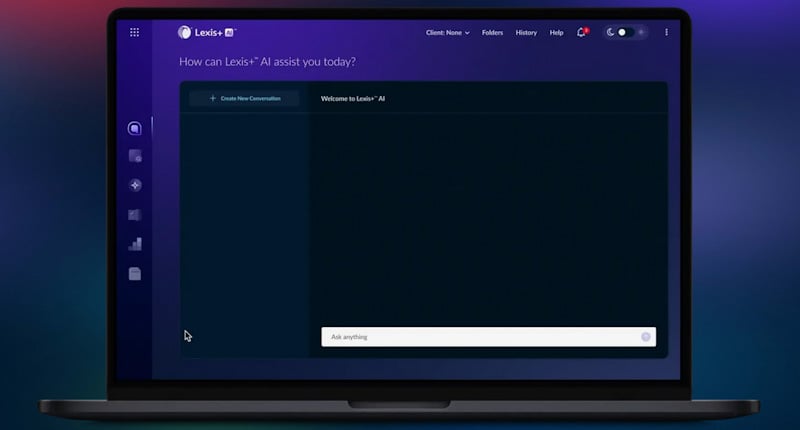Few Defendants Wronged by Federal Prosecutors Get US Compensation
A 1997 law that requires the Justice Department to pay the legal bills of defendants wronged by federal prosecutors is resulting in few payouts, despite judicial findings of improper government conduct.
A USA Today investigation found 201 cases since passage of the Hyde Amendment in which federal judges found U.S. prosecutors violated laws or ethics rules. But the newspaper found only 13 cases in which defendants recovered money under the statute.
“Most people never seek compensation. Most who do end up emptyhanded,” USA Today says. “Defense lawyers contend that the scarcity of compensation wins, amid a rise in misconduct charges, shows the law’s not working.”
The newspaper cites three reasons why defendants rarely recover for prosecutor misconduct:
• Most defendants don’t apply. They may have been too wealthy to qualify under the law, or they may have been indigent and unable to recover because they had a court-appointed lawyer. Others don’t want the expense of pursuing a civil case.
• Some defendants are pressured to give up their right for payment in exchange for lenient plea bargains or dismissed charges.
• The standard of proof is high; it requires proof that prosecution was “vexatious, frivolous or in bad faith.”
The story is part of a USA Today series on prosecutor misconduct called “Justice in the balance.”



